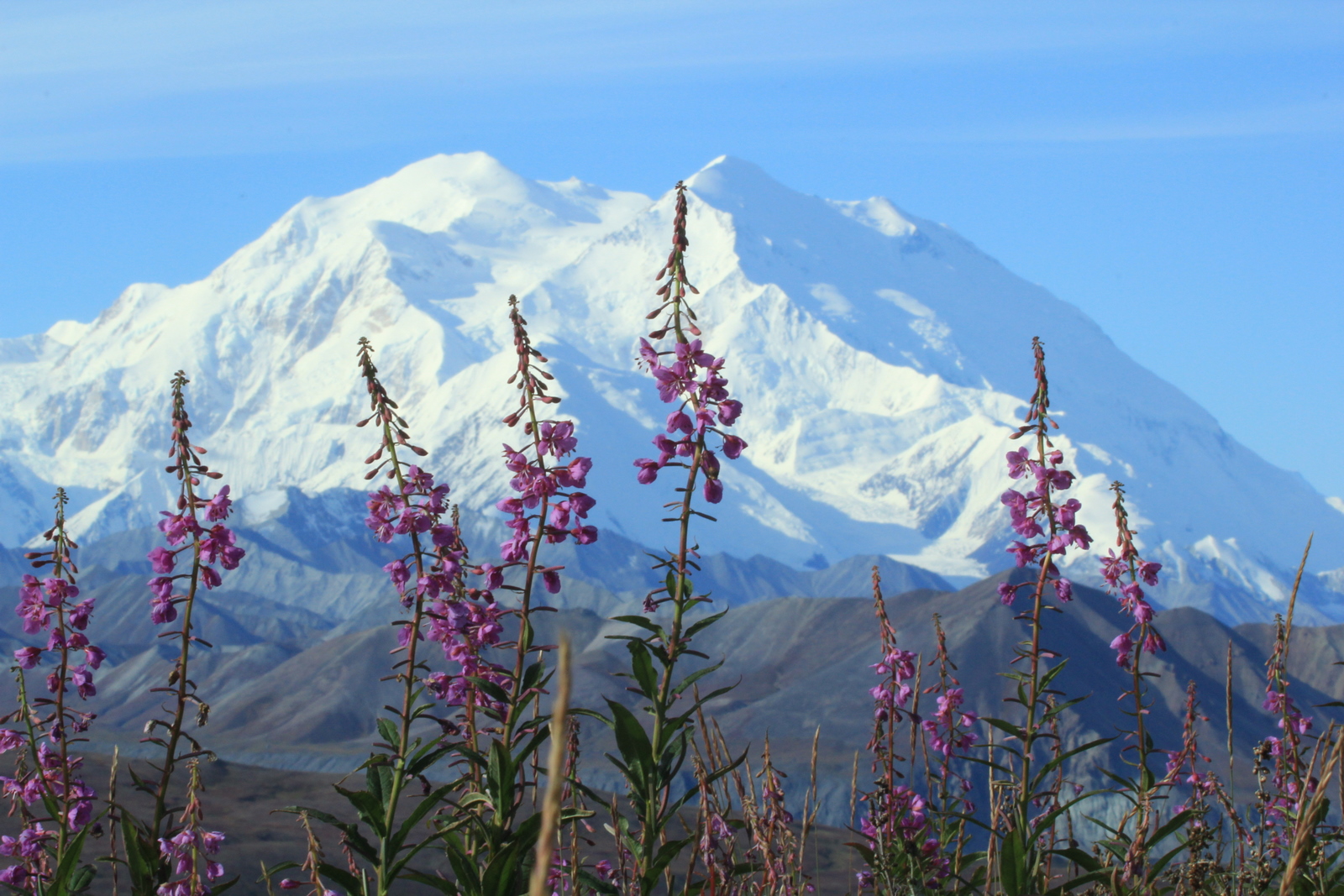
This week’s portion creates an eternal connection between Mount Sinai, the Jewish people, and the Torah itself. The fact that the Torah emphasizes its eternal association with Mount Sinai is meant to teach us important lessons regarding Judaism and Jewish life.
There are grand and majestic mountains that dot our planet. They are awe-inspiring in their height and strength, and they tower over us, making us feel puny and insignificant when standing at their base. I remember that when I was able to visit Mount McKinley in Alaska, a mountain which rises vertically more than 20,000 feet above the plane from which it emanates, the feeling of tension was so overpowering that people in our tour group burst into tears. The mountain blocks out the sun and creates its own weather.
However, the Torah was not given to human beings on Mount McKinley or Mount Everest or any of the other great mastiffs that exist in our world. Midrash teaches us that Mount Sinai was and is a relatively low mountain. The rabbis derived from this the emphasis on and the requirements of humility. Arrogance and godly values do not coexist. So, even though Mount Sinai is a mountain, it is a low mountain, one that can be scaled and conquered. And the achievement of climbing that mountain will not produce fanfare or notoriety.
If the Torah had been granted on Mount Everest it would be unreachable for almost all human beings. It was given on Mount Sinai, to emphasize that it is accessible to all, and that even though it is a mountain, it is one that can and must be scaled, to achieve the eternity that it promises human beings.
From the top of a mountain, one has a majestic view of the surrounding area. A mountain peak provides us with perspective, and the ability to judge the world from an overview as an observer, even though we are participants. Without that overview, is very difficult to make sense of life, or to have any personal sense of serenity or peace.
The prophet tells us that the wicked are like the raging sea whose waves constantly batter the shoreline but are always limited. Mountains, when appreciated, give us the blessings of unique wisdom, patience, and a sense of optimism and hope in our lives, no matter how bleak events may be, or how worrisome situations are.
Our father Abraham founded the Jewish people and brought “godliness” down to our earth. He saw that measure of godliness as being in the form of a mountain. His son, Isaac, would modify it so that it would become like a field. And his grandson Jacob would see it as being a house. But all of these characteristics still remain within Judaism. Mount Sinai exemplifies the mountain that Abraham saw.
Life is never an easy climb, but climb it we must, to be able to stand at its peak, and truly observe life in society in a measured and wise way.
Shabbat shalom,
Rabbi Berel Wein


